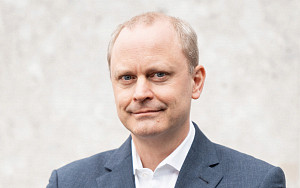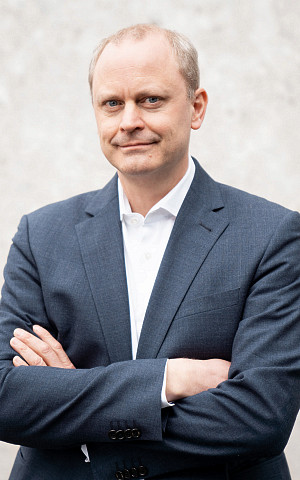Markus Volmer (47) will be the new lead for complete vehicle development at Sono Motors
Mr Volmer has extensive experience in the development and testing of production vehicles, having held managerial positions at Daimler, Borgward, and Foton
18th March 2021 – Mobility provider Sono Motors has appointed graduate engineer Markus Volmer to the post of Chief Technology Officer (CTO), effective immediately. Markus Volmer (47) has more than 18 years of experience as a senior development engineer in the automotive industry, which he brings to his new post as CTO. He will be leading the complete vehicle development at Sono Motors and as such will be responsible for testing and validating the Sion, a solar electric vehicle (SEV), as it reaches production maturity. After holding several posts in development and testing at Daimler, Mr Volmer joined the Chinese Foton Motor Group and Borgward in 2016, where his most recent post was that of Senior Chief Engineer, which put him in charge of complete vehicle development. He was able to achieve a 40-percent increase in reliability and quality in light commercial vehicles.
“Markus has extensive technical expertise and international experience in the development and testing of production vehicles while at the same time significantly advancing commercial vehicle electrification. Having him on board takes us a decisive step further towards offering our customers the Sion, the first affordable SEV in the world, and becoming a global mobility leader”, says Laurin Hahn, CEO and founder of Sono Motors.
Its latest addition included, the Sono Motors management board will now be made up of the founders and CEOs, Laurin Hahn and Jona Christians, as well as Torsten Kiedel (CFO), Thomas Hausch (COO), and Markus Volmer (CTO).
Sono Group N.V. (NASDAQ: SEV) is on a pioneering mission to accelerate the revolution of mobility by making every vehicle solar. Sono Motors’ disruptive solar technology has been engineered to be seamlessly integrated into a variety of vehicle architectures — including third-party OEM cars, buses, refrigerated vehicles, and recreational vehicles — to extend range and reduce fuel costs as well as the impact of CO2 emissions, paving the way for climate-friendly mobility.



